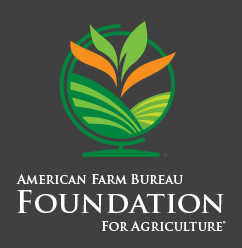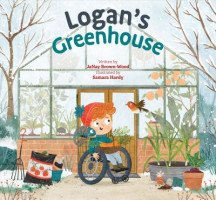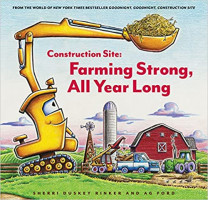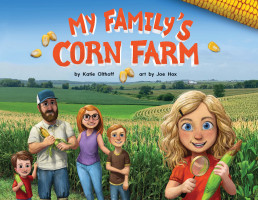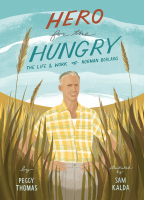June is Dairy Month!
Ag Education
Jun/13/2023
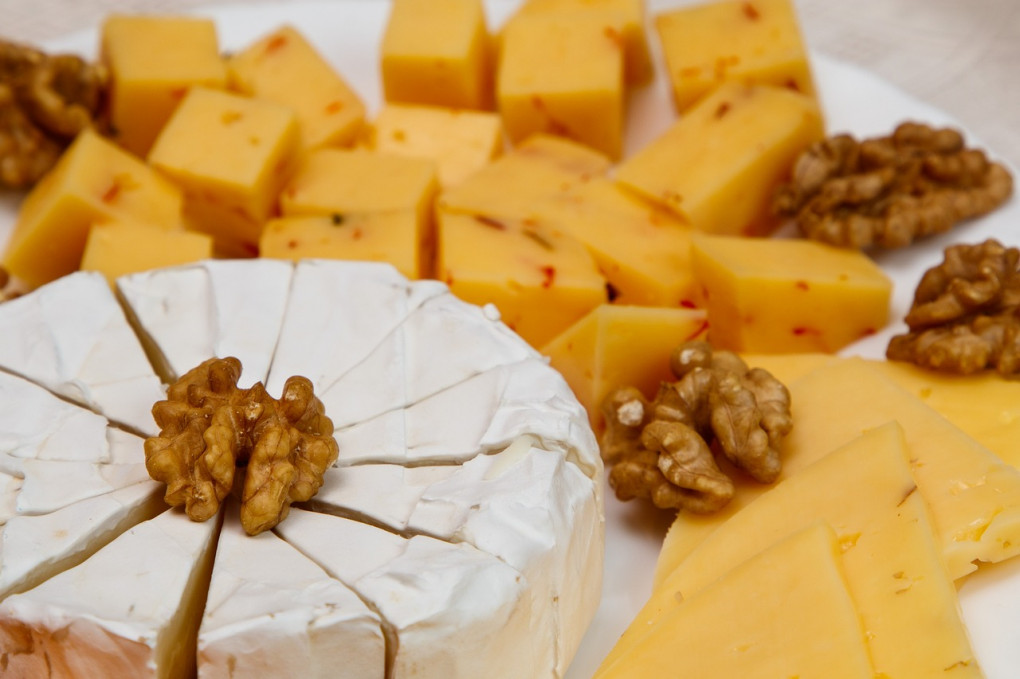
National Dairy Month started in 1937 as “National Milk Month” to encourage drinking milk. Today, National Dairy Month celebrates all that the dairy industry contributes to the world. Let’s explore some of these yummy contributions!
1. Milk
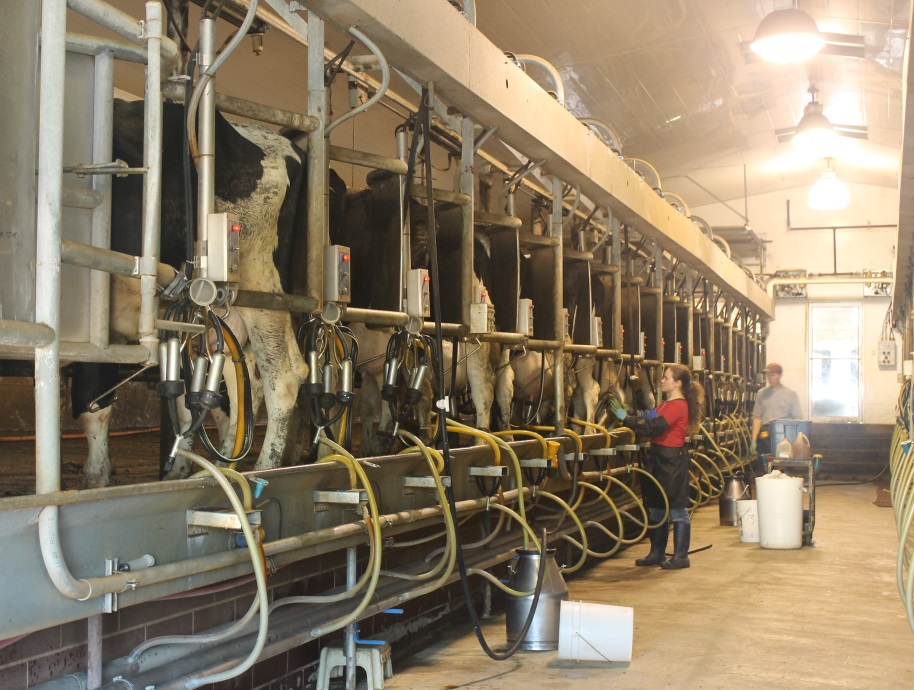
Image by R. Rubingh
When we talk about dairy, we have to start with milk! While all mammals produce milk, cows are the most common producers in America. Goats are also popular milk producers. Want to know how much milk a dairy cow produces each day? Watch this America’s Heartland about dairy cows video to find out.
2. Butter
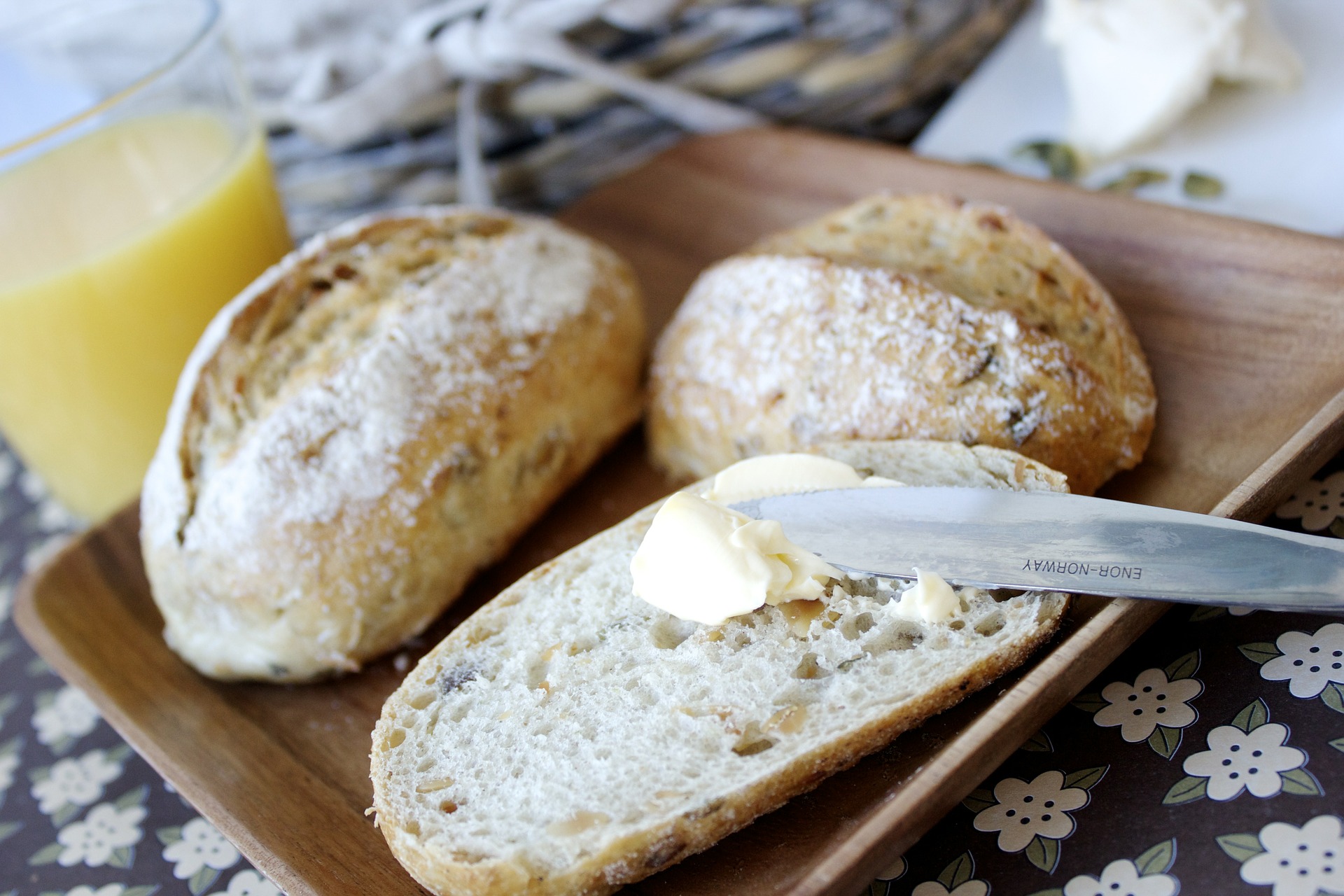
Butter goes into yummy foods like cookies and cake, but where does butter come from itself? Today fresh milk is collected from dairy farms and brought to a creamery. At the creamery, cream and whole milk are separated. The cream is pasteurized by heating it rapidly and then beaten in a churning cylinder until it thickens. The remaining liquid, buttermilk, is drained, and the butter is mixed and blended! Sometimes salt is added before it makes its way to the grocery store.
Want to make your own butter and see how the cream’s temperature affects the butter-making process? Try out this science experiment from Science Buddies.
3. Yogurt

Yogurt is a delicious healthy snack that comes in a bunch of flavors. How does milk turn into yogurt? Milk is heated at a high temperature; the longer the milk is heated, the thicker the yogurt is. After heating, the temperature is quickly reduced, and bacteria are added. That may sound icky, but this is good bacteria! Milk is then fermented. This means the harmless bacteria convert lactose, or milk sugar, into lactic acid, which, in turn, makes milk proteins curdle. This makes the yogurt nice and thick. Is strawberry yogurt your favorite? Yogurt producers can change the flavor of yogurt by adding fruits or flavor extracts like vanilla.
Learn a little more about the yogurt craze in this video from America’s Heartland.
4. Cheese

Cheese is also made from milk! Making cheese has four basic steps: curdling, draining, pressing and ripening. Curdling is the separation of liquids from solids; all types of cheese follow this step. Next comes draining, which eliminates the liquid (whey) and leaves solids (curds). Cheese is then pressed, which removes even more whey. The cheese is then ripened- stored in areas with controlled temperatures and humidity that vary depending on the cheese being produced. The different storage processes create different cheese flavors and textures. Note that not every cheese is made this way because there are so many different cheese varieties. For example, mozzarella is not pressed or ripened.
Read Extra Cheese, Please by Cris Peterson to learn more about cheese and how pizza is made!
5. Ice Cream
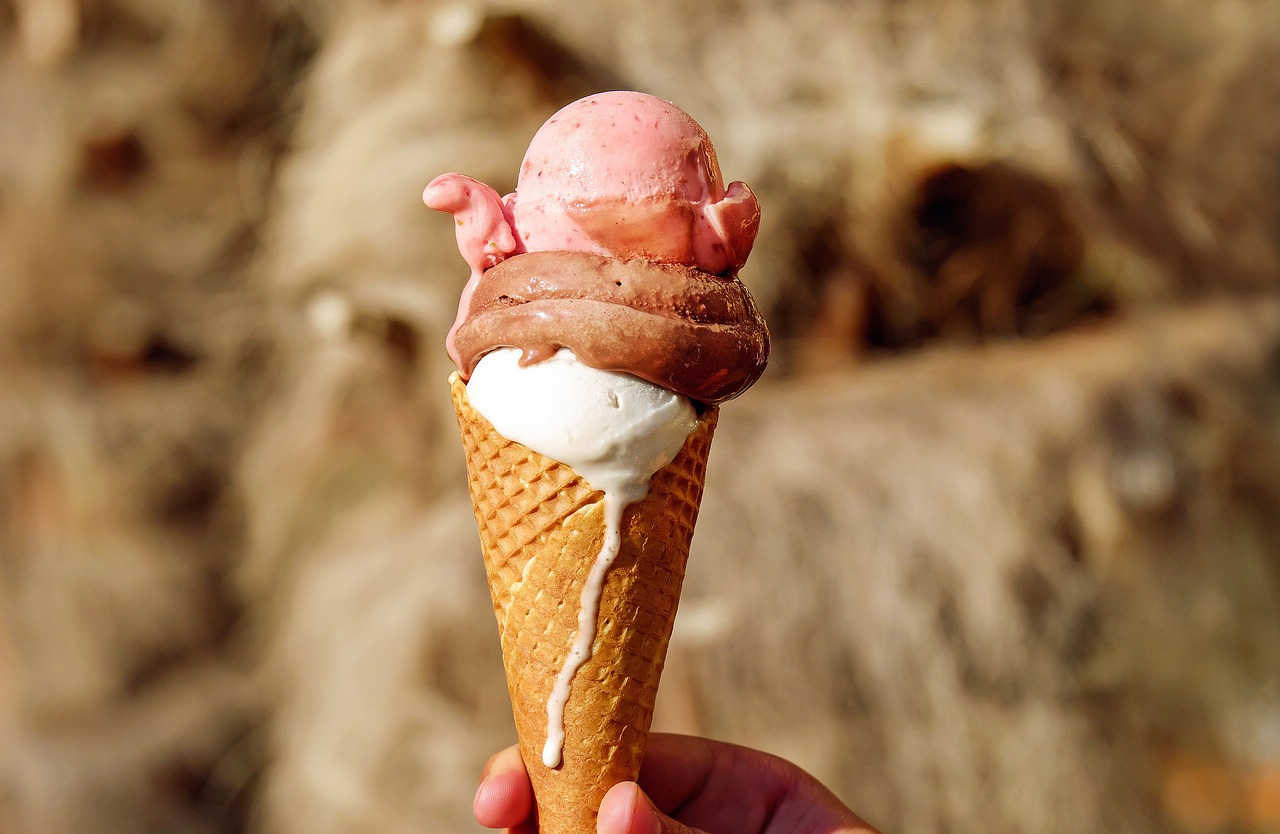
Like all these other yummy dairy treats, ice cream also starts with milk! At its most basic, ice cream is made from cream and/or milk, sugar and eggs. Commercial ice cream also includes stabilizers, like plant gums. These basic ingredients blend in a mixing tank, pasteurized and homogenized. When something is pasteurized, it is heated to kill bacteria, while when it is homogenized fat molecules are broken down to make a consistent product. This mixture is then frozen in machines that churn it, combining air to keep the ice crystals small and preventing the ice cream from becoming one solid frozen mass. Sometimes flavors and pieces of candy are added too! After these additions are completed, ice cream is packed and sent to a hardening room to freeze the product before it gets sent to stores for us to eat!
Want to try making it at home? Check out this lesson plan from My American Farm.
Also, check out the Feeding Minds Press' book Tales of the Dairy Godmother: Chuck’s Ice Cream Wish! Young readers will love this “dairy tale” that details the inner workings of a dairy farm and what it takes to be a dairy farmer – and where ice cream comes from.
Learn even more about dairy:
Get an up-close experience on a dairy farm in this 360 video!
Follow a real dairy farmer on Twitter! Will Gilmer, former AFBF YF&R committee chair, @gilmerdairy.
Check out the Dairy Ag Mag and supplementary online module to meet some real dairy farmers.
